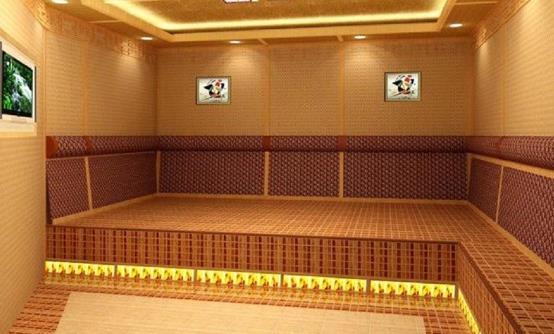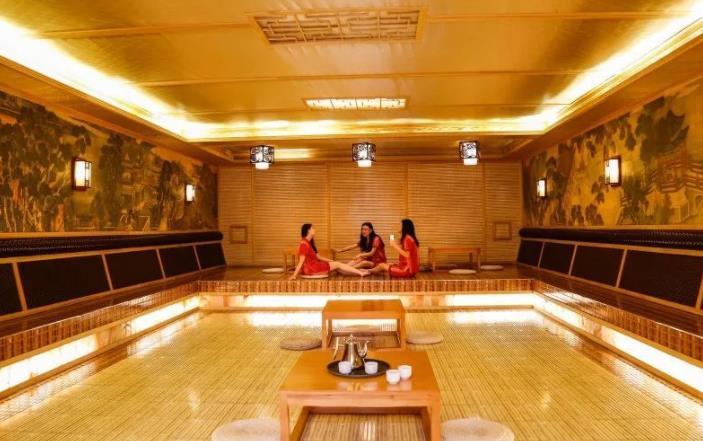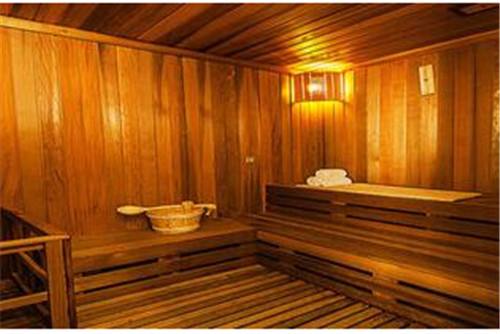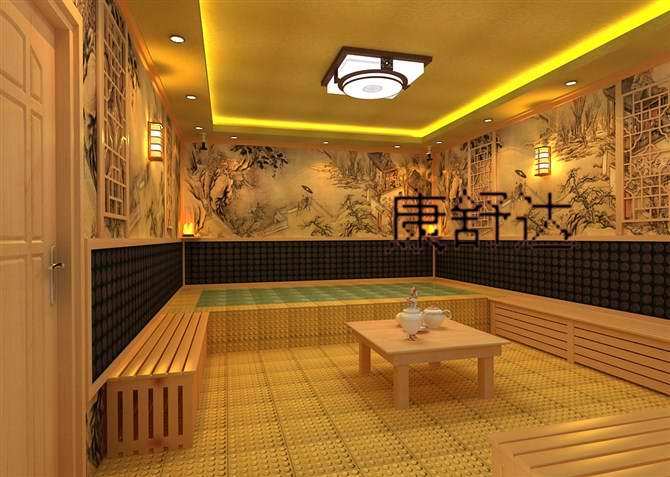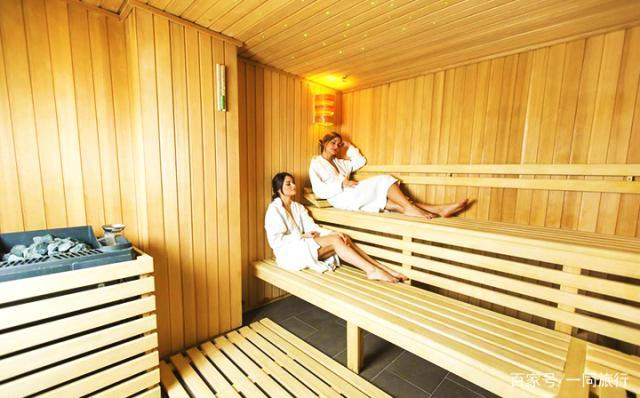In recent years, the integration of traditional practices like sauna bathing with principles of Traditional Chinese Medicine (TCM) has gained significant attention in the realm of wellness and healthcare. Sauna, a practice rooted in Nordic cultures for centuries, involves exposure to dry heat, typically in a small, insulated room or chamber. Meanwhile, TCM, a holistic medical system developed over thousands of years in China, focuses on balancing the body's energy or Qi (pronounced "chee") to achieve health and well-being.
### Understanding Sauna Therapy
Sauna therapy involves sitting in a room where temperatures can reach as high as 185°F (85°C) or more. This induces sweating, which is believed to have various health benefits. Regular sauna use has been associated with improved cardiovascular function, reduced risk of cardiovascular diseases, and even longevity. The heat promotes vasodilation, which increases blood flow and improves circulation throughout the body. This process is seen as beneficial in flushing out toxins and metabolic wastes through the skin.
From a TCM perspective, sweating is considered a way to expel pathogenic factors from the body. In TCM, illnesses are often attributed to imbalances in Qi, and sweating is seen as a way to restore this balance. By promoting sweating through sauna sessions, TCM practitioners believe that sauna can help eliminate dampness and cold from the body, which are seen as causes of various ailments in TCM theory.
### Integrating Sauna with TCM Principles
The integration of sauna with TCM involves considering individual constitution and health conditions. TCM emphasizes a personalized approach to health, where treatments are tailored to an individual's unique patterns of imbalance. Before recommending sauna therapy, a TCM practitioner would assess factors such as the person's overall Qi balance, their Yin-Yang status, and specific health concerns.
For example, someone with excess dampness in TCM terms may benefit from sauna sessions to help dry out dampness and promote better circulation of Qi. On the other hand, someone with heat conditions or deficiencies in Qi might need a different approach to avoid exacerbating their symptoms.
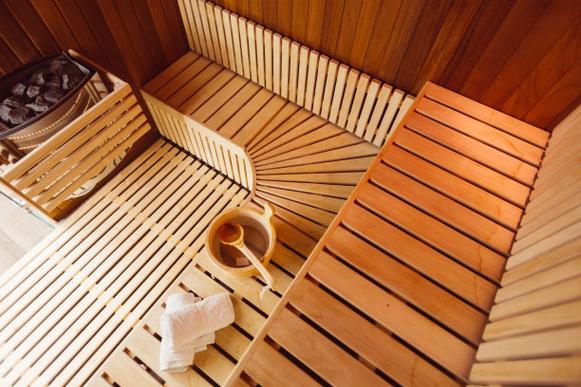
### Benefits of Sauna from a TCM Perspective
1. **Promotion of Qi Flow**: Sauna's heat is believed to invigorate Qi flow throughout the body's meridians (energy channels). This can help improve overall energy levels and vitality.
2. **Detoxification**: Sweating is considered a form of detoxification in TCM, aiding in the removal of toxins and excess heat from the body.
3. **Relaxation and Stress Relief**: Sauna sessions are known for their relaxing effects, which can help calm the mind and reduce stress. In TCM, stress is seen as a disruptor of Qi flow, so promoting relaxation can indirectly support overall health.
### Practical Application and Considerations
When integrating sauna with TCM principles, it's crucial to consider the following:
- **Frequency**: How often sauna sessions should be conducted depends on individual health status and constitution.
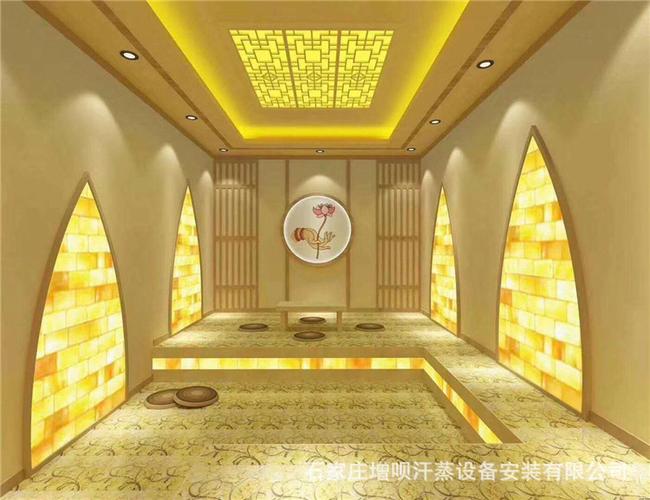
- **Duration**: Sessions should be of appropriate length to avoid overheating or exhaustion.
- **Hydration**: Adequate hydration before and after sauna sessions is essential to support the body's detoxification processes.
- **Post-sauna Care**: Cooling down gradually after a sauna session is recommended in TCM to prevent abrupt changes in Qi circulation.
### Conclusion
The combination of sauna therapy with Traditional Chinese Medicine principles offers a holistic approach to promoting health and well-being. By understanding how sauna's heat and sweating align with TCM's views on Qi, practitioners can optimize its benefits for individuals seeking to improve their health through natural means.
In conclusion, integrating sauna with TCM provides a complementary approach to modern wellness practices, emphasizing personalized care and holistic health maintenance.
转载请注明:成都会所桑拿-四川成都休闲桑拿推荐论坛! » 武汉休闲 » Sauna and Traditional Chinese Medicine: Exploring the Health Benefits
版权声明
本文仅代表作者观点,不代表成都休闲网立场。
本文系作者授权发表,未经许可,不得转载。





